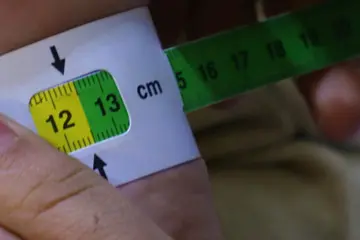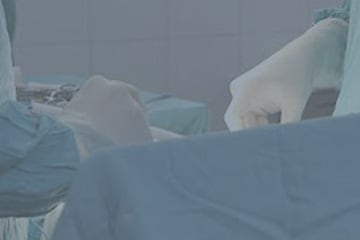April 26, 2017
Today, I spent the day in a specialty clinic in the Beka’a Valley. When I arrived, I asked the clinic staff how many patients were here to see me.
A staff member answered, “15, but more may show up”. At 1 pm, after I had seen 12 patients, she suggested I take a 5 minute break, I asked her how many we had left, expecting just three or four patients.
“16 more people showed up, so we have 19 more to see,” she replied. I smiled and replied “Let’s get to work. If anymore patients show up, don’t say no to anyone.”
After we finish our clinic hours, we often give rides to the local staff working in the Beka’a Valley clinic. Many of them are refugees themselves. Whenever we drop them off, they always offer to invite the medical team in for tea, without fail. It is a simple but meaningful gesture of gratitude for our efforts to help.
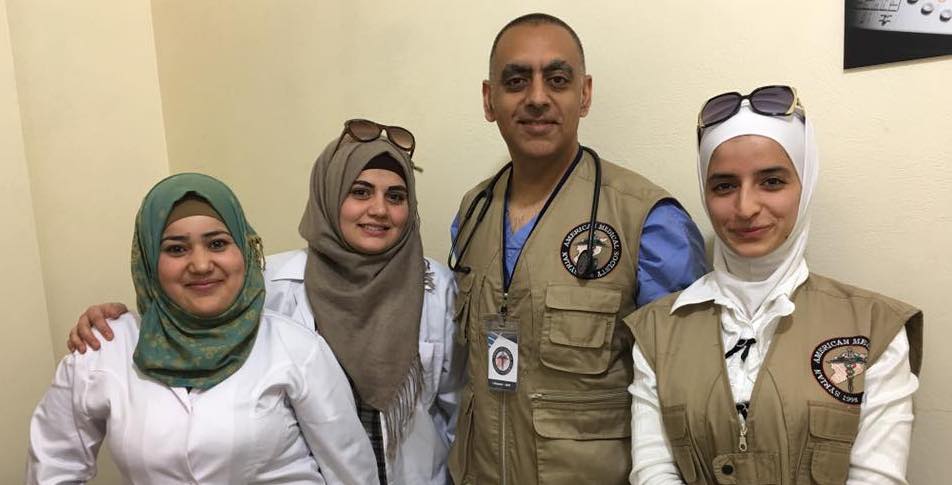
Back to clinic. During my day there, a young woman of 38, fainted in the waiting area. She recovered but had a typical post fainting appearance, pale and perspiring. I asked if she had anything to eat all day.
“I don’t feel like eating. The doctors tell me something is wrong with my stomach,” she replied.
After our consultation, I met her 14-year-old son, who is waiting to see me. My interpreter told me that he feels needles in his chest. Doctors have told him that he has a rheumatic infection in his heart. They gave him all these medications. They don’t know if he has to keep taking them. He was worried and scared after seeing his mother faint, the interpreter added.
“Did he ever have a fever? Sore throat?”
“No,” she answered.
After a quick echo imaging study on his heart, I found that it was completely normal.
“He’s very healthy. My advice is to keep your son away from doctors,” I told his mother. She responded with laughter, and asked me why she fainted. I asked her why she didn’t eat, but she said she didn’t know why. She said she has 4 boys, the 14 year old is the youngest. She has not seen in her husband in years, he disappeared.
“There’s our answer as to why she can’t eat,” I said, glancing at my interpreter
These types of stories are countless. As my colleague and hero, Naveed Iqbal shared in a post. Every family is traumatized and often torn apart. Single mothers are desperately trying to make ends meet with no resources for help. My clinic hours wer spent reassuring many people that despite other doctors telling them they had a certain condition or ailment, or that they needed some type of surgery, they were actually ok. That was easy. Not so easy are patients that are really sick and do require specialty care. The task of trying to explain that resources and equipment are limited and that I will do my best to make arrangements for them to be taken care of is not so easy. To SAMS credit, there is a good chance many of the patients will get what they need on subsequent missions.
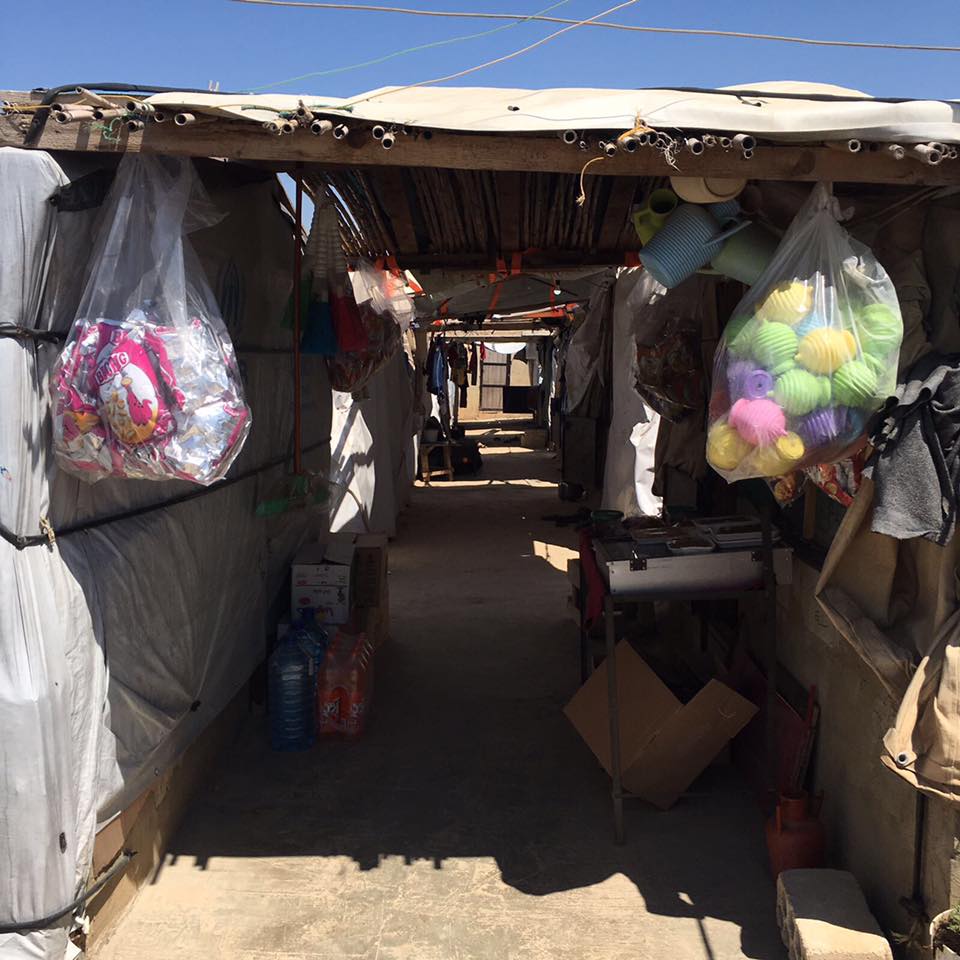
My colleague Nejd Alsikafi and I brought our our eldest sons on the mission. I’m proud of how they’ve taken this in and felt inspired to help. They have gotten to know the other doctors and often go to camps with them rather than to the hospital or specialty clinic with us.
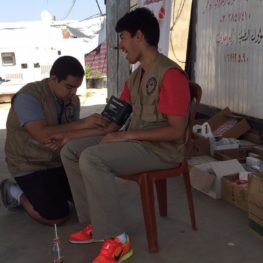 “The camps are way more fun. Don’t get me wrong, it’s cool that my dad operates but after the initial incision it gets boring to watch,” said Yousuf, Nejd’s son. The boys help dispense medications to the patients. They even practiced on themselves and learned how to take blood pressures and vitals.
“The camps are way more fun. Don’t get me wrong, it’s cool that my dad operates but after the initial incision it gets boring to watch,” said Yousuf, Nejd’s son. The boys help dispense medications to the patients. They even practiced on themselves and learned how to take blood pressures and vitals.
Final anecdote on ‘language barrier humor’. When patients realize I don’t speak Arabic they either place their hand on their chest and nod as a thank you or just shake hands. However, since Lebanon has a French influence, many patients smile and say “Merci doctor,” which means “thank you” in French.
To all of my friends and family that have followed these posts, commented, or shared them with others, on behalf of the refugees we met, I say “Merci.”

